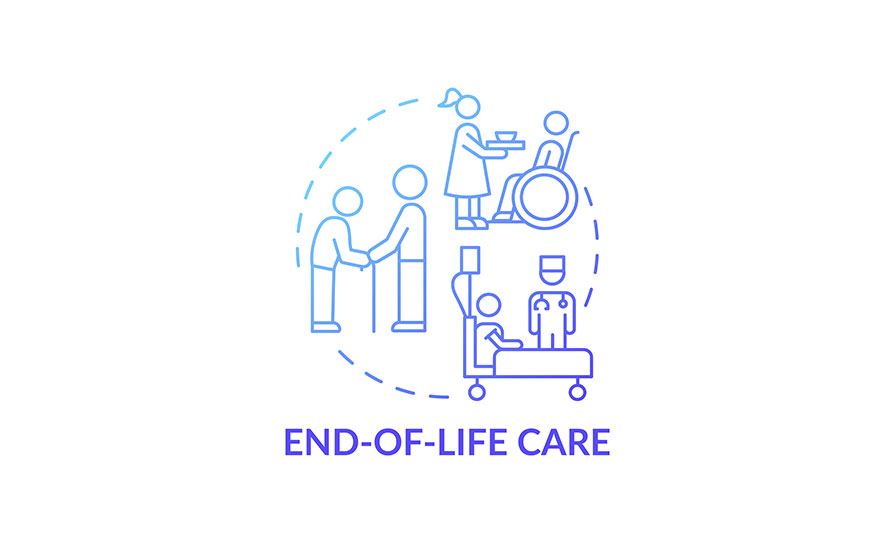Dear Editor,
Like your columnist Fintan Moore, I have encountered difficulties with prescriptions presented for patients nearing the end of their life. I agree that they can cause stress and inconvenience for both the family and the pharmacy and often result in waste. However, I don’t agree with his proposal that these patients should be supplied from a hospice pharmacy.
If a person is an inpatient in a hospital or hospice, then all their medications should be supplied there. However, when they are at home in the community, their palliative care team should include their community pharmacist, who would supply their needs right up to the end of their life. We care for these patients from their diagnosis throughout their treatment, which may be for many years or decades. A relationship is built up and a trust established. It isn’t appropriate to ask someone else to step in solely for the sake of convenience.
I recognise that this doesn’t deal with the very real problems encountered and would propose two simple measures that would go a long way towards providing a better service for everyone involved. The first is that there should be a core list of medications covering all the needs of oncology and palliative care patients. This could be prepared by those working in this area and would include laxatives, heparin flushes and the various ULMs used in syringe drivers. Patients could be approved for this list in the same way as for oral nutrition products or extra diabetic strips, and any approval would be life-long. This would remove the need to use the cumbersome and degrading Hardship Scheme.
The second measure would involve pharmacies being accredited to provide end-of-life services. There would be training provided, and annual funding to cover the cost of holding an agreed list of ‘starter’ medicines, recognising that there will be some stock that will not be used often, if at all. If they are needed, they would be claimed for in the usual way and replacement stock purchased. The cost of such a scheme would be modest in the context of the overall budget, as the cost of medicines are only a small fraction of the cost of specialised nursing care.
Pharmacists must seek to expand, not contract, our role and we are ideally placed to provide additional services like this, drawing on our core strengths of medicine management and patient care.
Sincerely,
Margaret O’Doherty,
Raphoe, Co Donegal.







